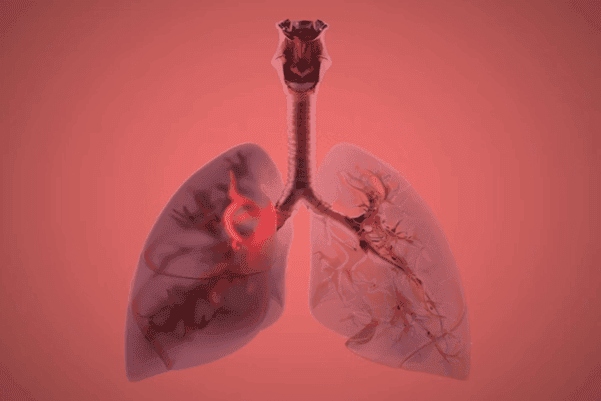Air Pollution Now Linked to Smoking-Like DNA Damage and Rising Lung Cancer in Non-Smokers

A major international study, published in Nature on July 2, 2025, reveals compelling evidence that air pollution contributes directly to DNA mutations driving lung cancer, mimicking the effects of tobacco smoke. Researchers analyzed tumor genomes from 871 individuals who never smoked, spanning Europe, North America, Africa, and Asia. The data shows that regions with higher levels of fine particulate matter (PM2.5) had significantly more cancer-causing mutations.
Mutation Patterns Mirror Tobacco Smoke
Particularly striking was the presence of mutations in the TP53 gene, commonly seen in tobacco-related cancers, but now linked to polluted environments. This suggests that toxic pollutants in the air may initiate the same genetic damage pathway typically associated with smoking.
Accelerated Cellular Aging: Short Telomeres
Alongside the DNA damage, the study found that individuals exposed to higher pollution levels had shorter telomeres. These are protective caps on chromosomes that shorten as cells divide. Rapid telomere erosion is a marker of accelerated cellular aging and one of the hallmarks of cancer development.
Non-Smokers: A Growing Cancer Demographic
While global smoking rates are declining, the proportion of lung cancer cases in non-smokers is rising. These now account for between 10 to 25 percent of diagnoses. Most of these cases are adenocarcinomas, a form of lung cancer most common in non-smokers. In 2022 alone, around 200,000 cases of adenocarcinoma were linked to air pollution, especially in East Asia.
Regional Hot Spots: East Asia at the Forefront
China bears the brunt of the global lung cancer burden. Out of 2.5 million annual lung cancer deaths, more than 1 million occur there, driven by smoking, pollution, and other toxins. East Asia also records the highest adenocarcinoma rates tied to air pollution. However, Western countries like the UK still see a significant number of non-smoker cases, with over 1,100 reported each year.
Secondhand Smoke and Herbal Risks
Interestingly, secondhand smoke showed only a modest effect on mutation rates. However, exposure to certain Chinese herbal medicines containing aristolochic acid was associated with distinct cancer mutations in Taiwanese non-smokers.
Unexplained Mutation Signature Calls for More Study
The study also identified a mysterious mutational pattern that appeared only in non-smokers. Its cause is still unknown, but it is now the focus of intense scientific research.
Urgent Health Implications and Future Directions
Experts like Prof. Ludmil Alexandrov from UC San Diego and Dr. Maria Teresa Landi from the US National Cancer Institute describe this trend as an urgent and growing global problem. As non-smoking lung cancers rise, understanding the roles of air pollution and environmental carcinogens becomes critical.
The findings underline the need to improve air quality regulations, explore new mutational pathways, and develop preventive strategies. With smoking-related lung cancer cases declining, tackling air pollution has now become a key priority in the fight against cancer.
Business News
Best Link Building Service Explained: Features, Strategies, and SEO Insights
The Science of A/B Testing: How Small Tweaks Create Big Wins in Marketing
Why Primary Care Doctors Are Embracing Telemedicine and Digital Health Tools
Smooth Onboarding Practices for Remote Professionals Abroad
Miami Cancels Task Force to Probe Business Ties to Cuba




















